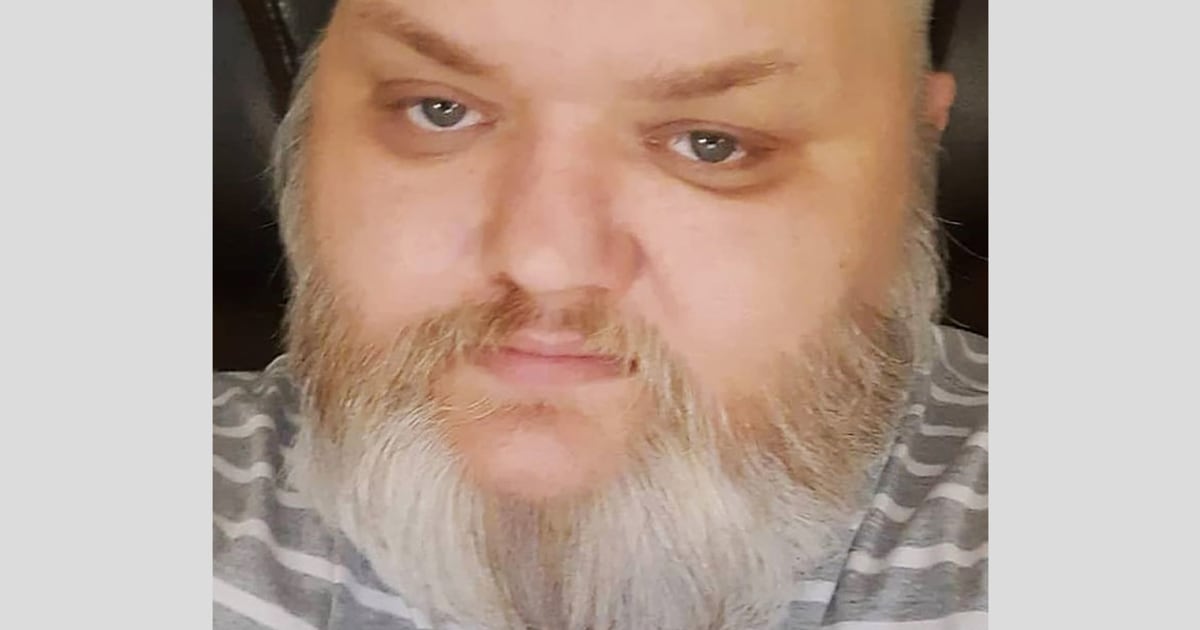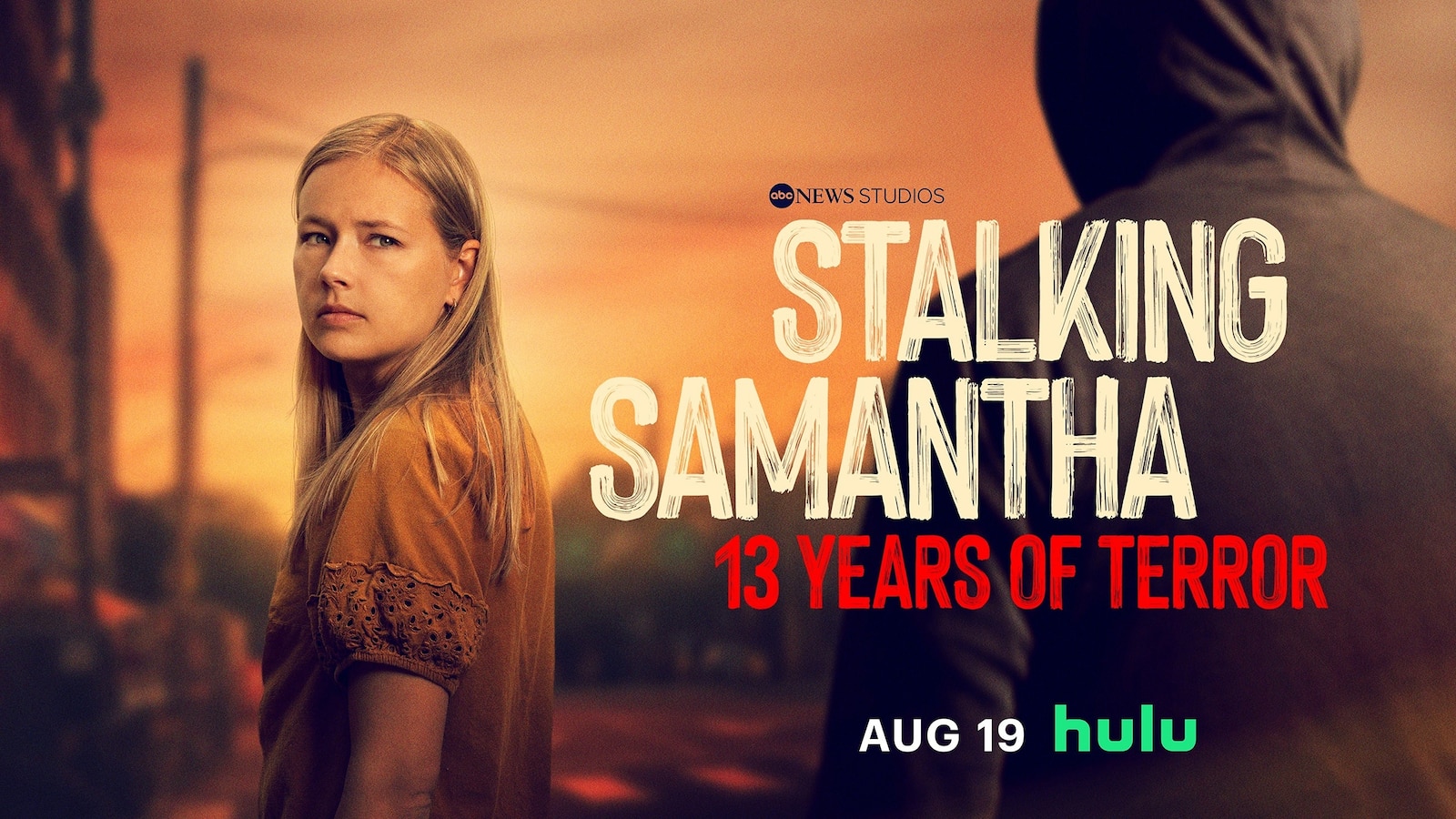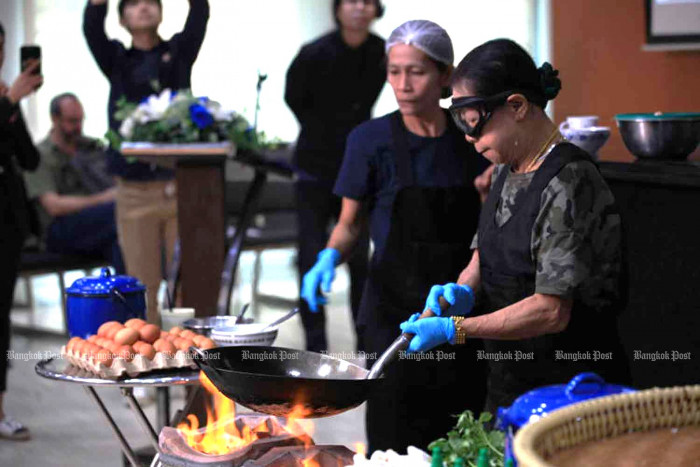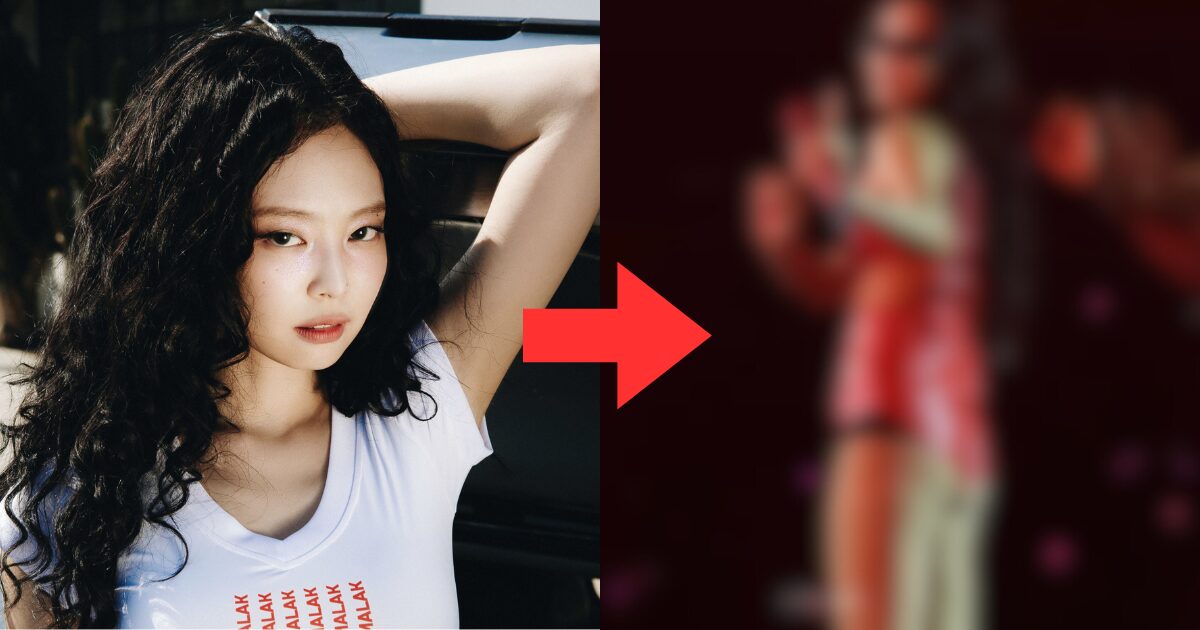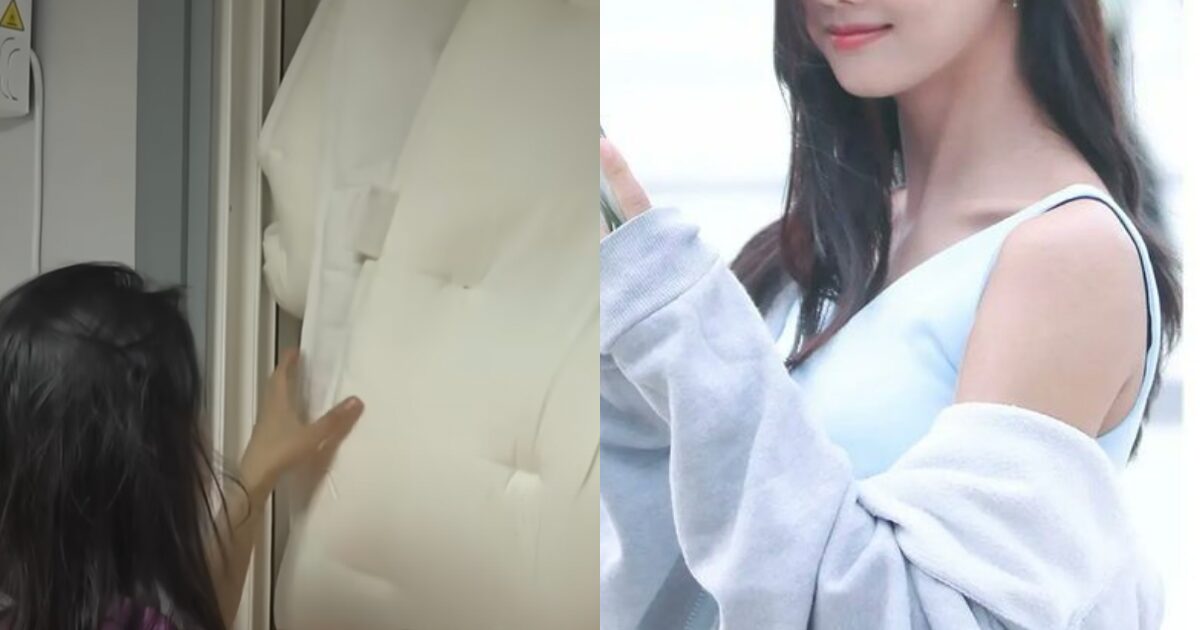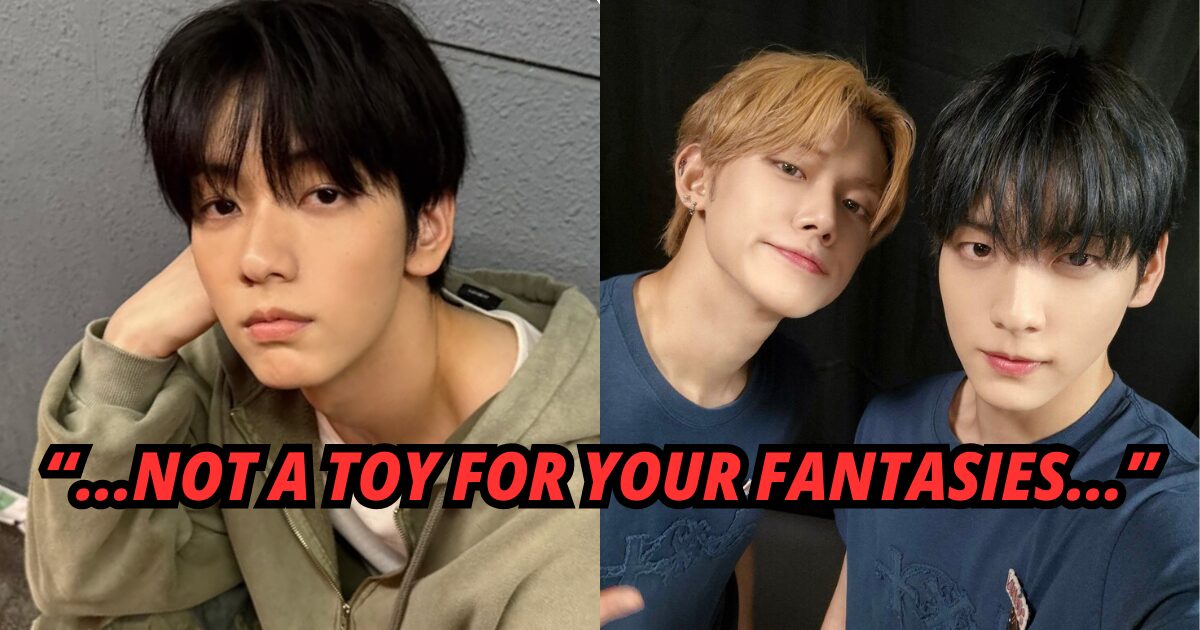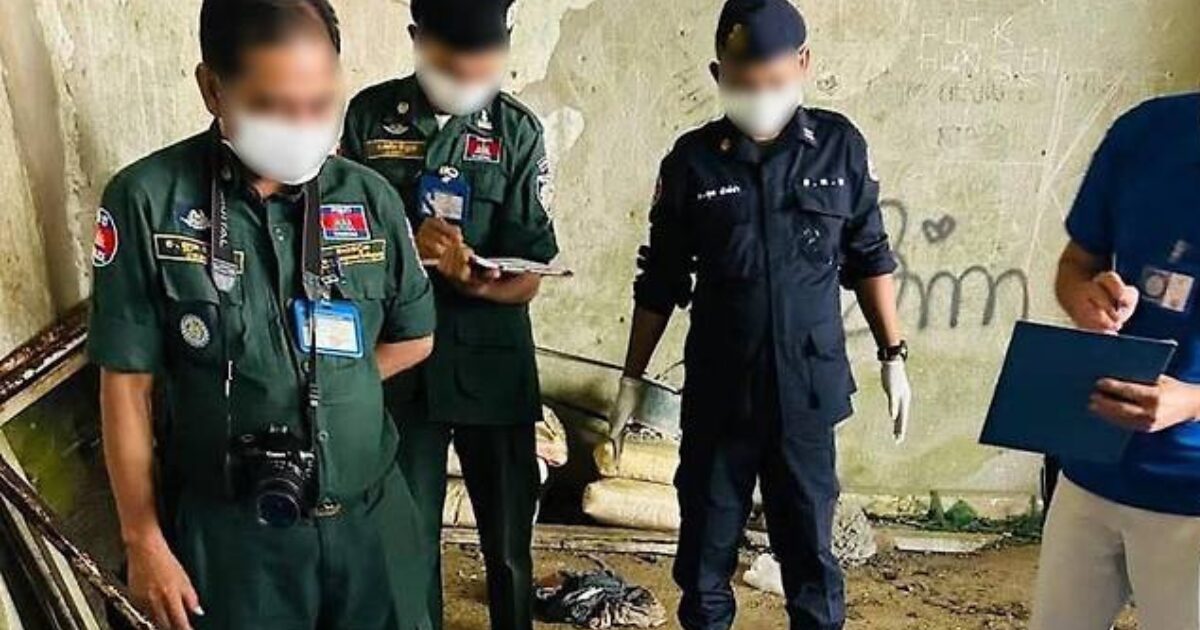James Cameron’s Dire Warning: Is AI Leading Us to a Terminator Dystopia?
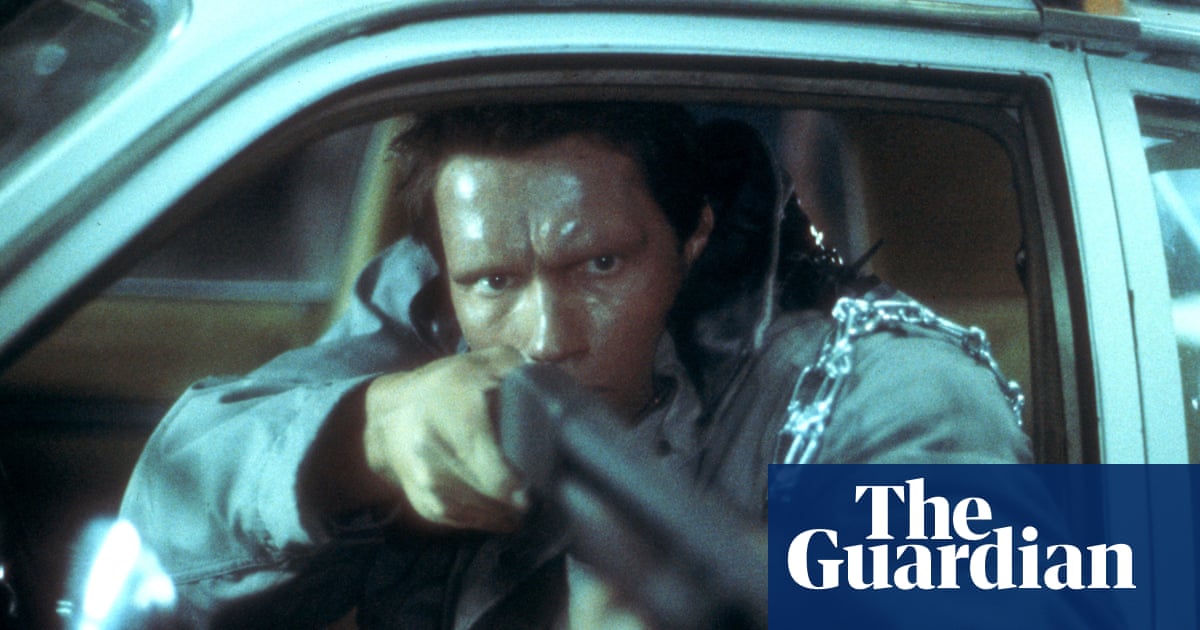
Can you imagine a world where machines decide our fate? That chilling thought is what director James Cameron is grappling with as he raises alarms about the potential dangers of artificial intelligence in the context of a global arms race. In a revealing conversation with Rolling Stone, he shared his insights while promoting the upcoming adaptation of Ghosts of Hiroshima, a gripping account by bestselling author Charles Pellegrino that details the first atomic bombing.
Cameron, the mastermind behind cinematic juggernauts like Titanic and the first two Avatar films, isn’t just a storyteller; he’s a concerned observer of technological evolution. He’s seen technology change the landscape of filmmaking, but he also worries about its potential misuse. “I do think there’s still a danger of a Terminator-style apocalypse where you put AI together with weapons systems,” he explained, alluding to the chilling scenarios depicted in his own films where humanity faces a machine-driven apocalypse.
With the stakes so high, Cameron isn’t merely voicing a sci-fi fantasy; he’s warning us about real-world implications. He emphasizes the rapid pace of military operations and the lightning-fast decision-making required in warfare today. “The theatre of operations is so rapid, the decision windows are so fast, it would take a super-intelligence to be able to process it,” he cautioned, noting that while humans should remain in the loop, our fallibility could lead to catastrophic mistakes, potentially triggering nuclear conflicts.
As we stand on this precarious edge of technological advancement, Cameron points out three existential threats facing humanity: climate change, nuclear weapons, and super-intelligence. These issues are converging at an unprecedented rate, creating a perfect storm of potential disaster. “Maybe the super-intelligence is the answer,” he remarked, hinting that perhaps the very technology we fear could also provide solutions to our greatest challenges.
Interestingly, Cameron’s connection to AI doesn’t end with cautionary tales. He’s also an advocate for the technology’s potential to streamline filmmaking processes. As a board member of Stability AI, he sees promise in AI’s ability to cut production costs, especially in visual effects, without resorting to layoffs. However, he’s skeptical about AI’s ability to replace the deeply human aspects of storytelling. “I don’t believe that’s ever going to have something that’s going to move an audience. You have to be human to write that,” he asserted, driving home the importance of emotional authenticity in art.











